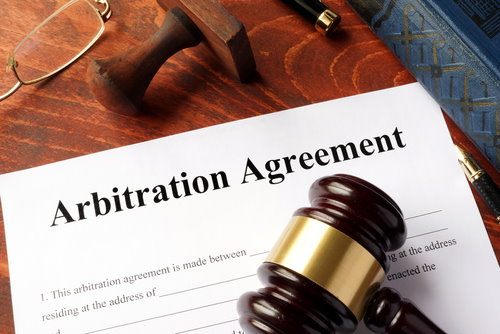
If It’s Not in Writing (and you have a copy), It Didn’t Happen
One of the first things I ask people who have experienced discrimination and retaliation at work is whether they ever complained about it to a supervisor or HR. Many times they have. They’ve called HR or the employee hotline. Unfortunately, hotline complaints somehow always disappear. My entire career as a lawyer, I’ve seen one hotline complaint. No one at the company can ever find them. No one in HR ever remembers a call about the complaint either. Even if there are co-workers who heard the complaint and say they’ll testify it happened, the co-workers can be hard to track down or don’t want to risk their jobs by testifying against the employer.
Sometimes people write down their complaints and hand them to HR. But they don’t keep a copy. I’ve never seen a single one of those complaints. Like hotline calls, they all somehow disappear. The only written complaints I have ever seen are the ones that people emailed to HR or their supervisors and kept a copy for themselves. Texting a complaint or faxing a complaint are also fine too. The main thing is to have proof that you sent the complaint.
People win trials and get fair settlements even when they don’t have any proof that they complained. But a person who has a written complaint that they saved and can prove that they gave to management or HR has a better shot at winning at trial or a getting a fair settlement. Most importantly, if management or HR knows you have a copy of the complaint, you have a much better chance that they will actually do something about it, and you can get the problem fixed without having to take legal action.





